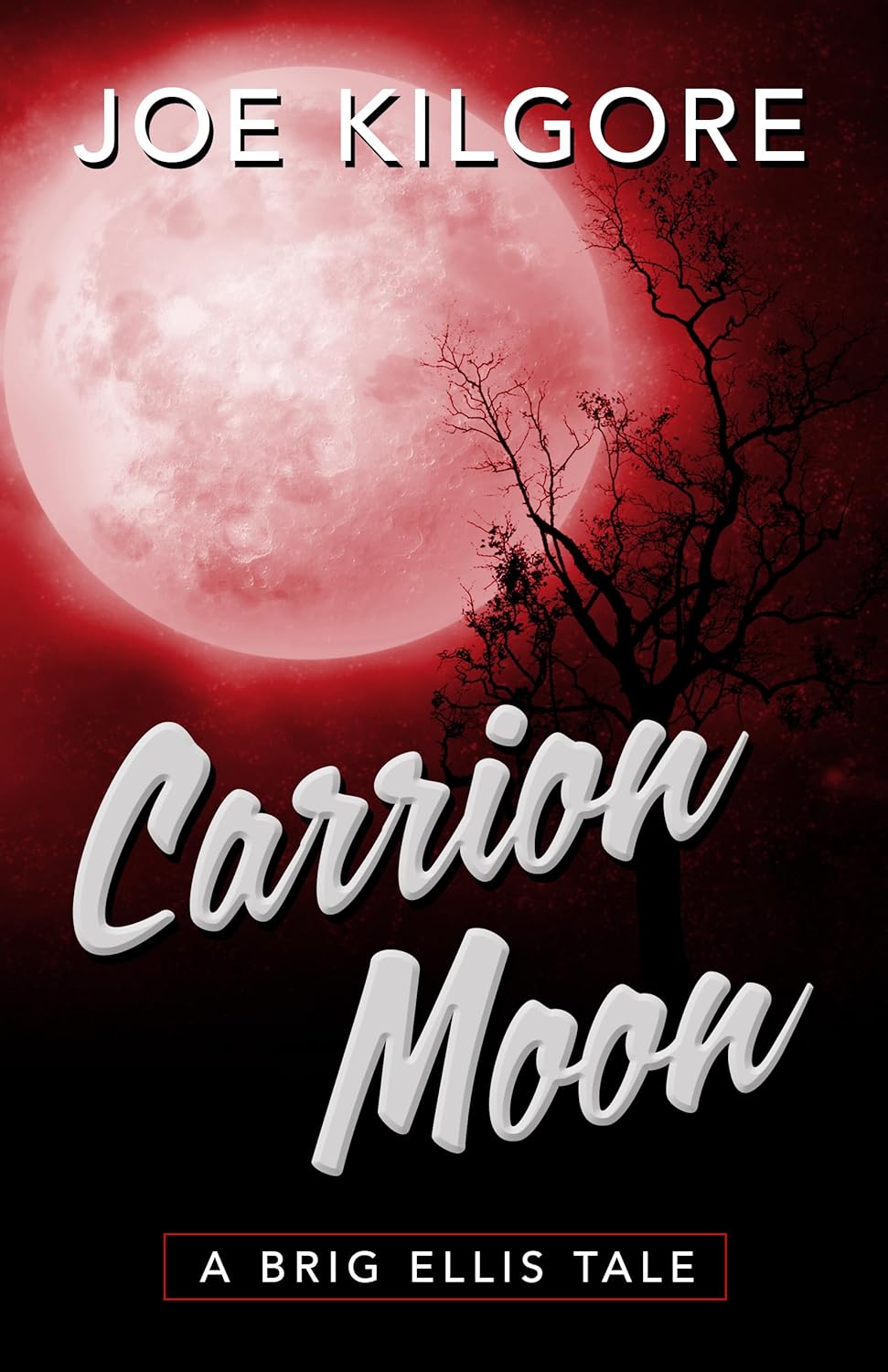From The Mouths Of…
Thursday, March 24th, 2011“Life is a tale told by an idiot, full of sound and fury, signifying nothing.” So said the Bard Of Avon, William Shakespeare. And since then a number of novels have been written by authors who have chosen to tell their tales through the mouths of those who most would consider something less than normal.
William Faulkner’s The Sound And The Fury is probably the most famous of these. And more recently, Mark Haddon’s The Curious Incident Of The Dog In The Night-Time became a national bestseller by spinning a compelling narrative through the mind and voice of a child savant.
But the purpose of this post is not to bring your attention to either of those worthy tomes. Rather, it is to make you aware of The Getaway Man penned by Andrew Vachss and published in 2003. The narrator and protagonist is Eddie. To be sure, he is what the title implies, a wheel jockey who deals in burning rubber, escape and evasion. But he’s also what we used to call (in pre politically correct times) a “little slow.” Or is he? Near the end you think you know the answer. Then all of a sudden, you don’t.
Andrew Vachss is one of the premier crime fiction writers working today. His prose slaps you in the face and makes you like it. It slices you so expertly you don’t even know you’ve been cut until the blood starts to trickle. While the native New Yorker is best known for his Burke series, his other novels like The Getaway Man and Two Trains Running (where he tells the entire 450 page story in chronological running-time) are just as tight, tough and menacing.
If, like The Fiction Fortune Hunter, you like your noir with dirty double crosses, hairpin turns and hot pages you hate to put down…dash to Vachss’s website or scour the independent bookstores and pick up The Getaway Man by Andrew Vachss. And decide for yourself if it’s the storyteller who’s the dim wit, or the reader.
The Fiction Fortune Hunter highly recommends it. For what that’s worth.
